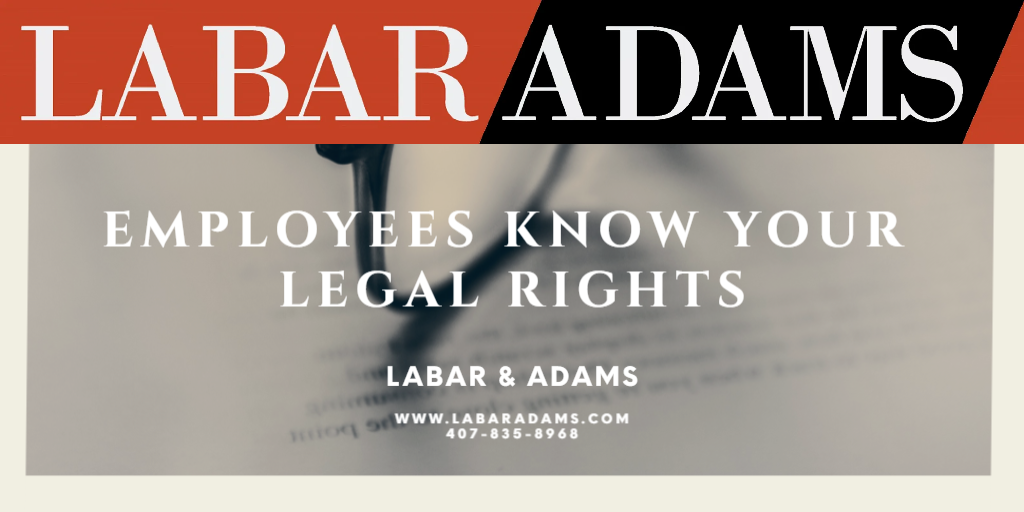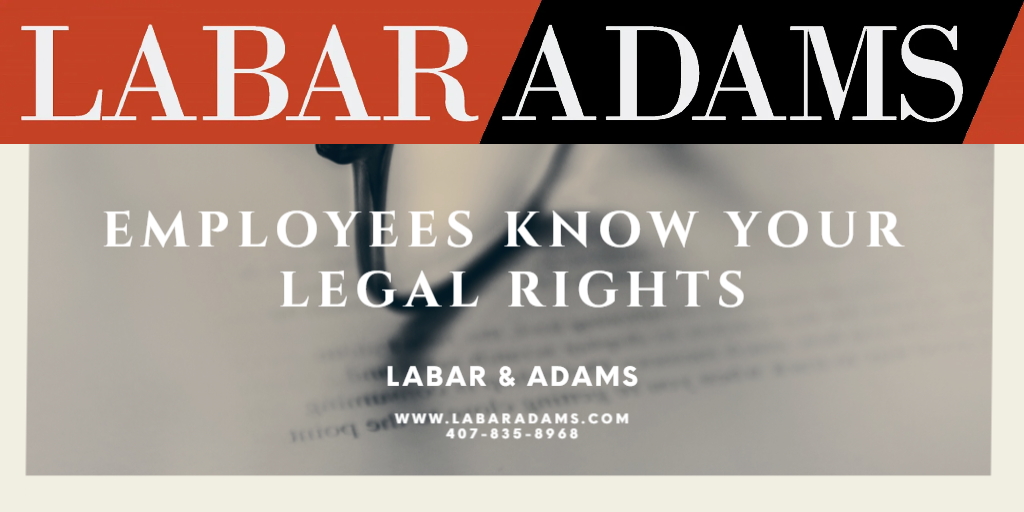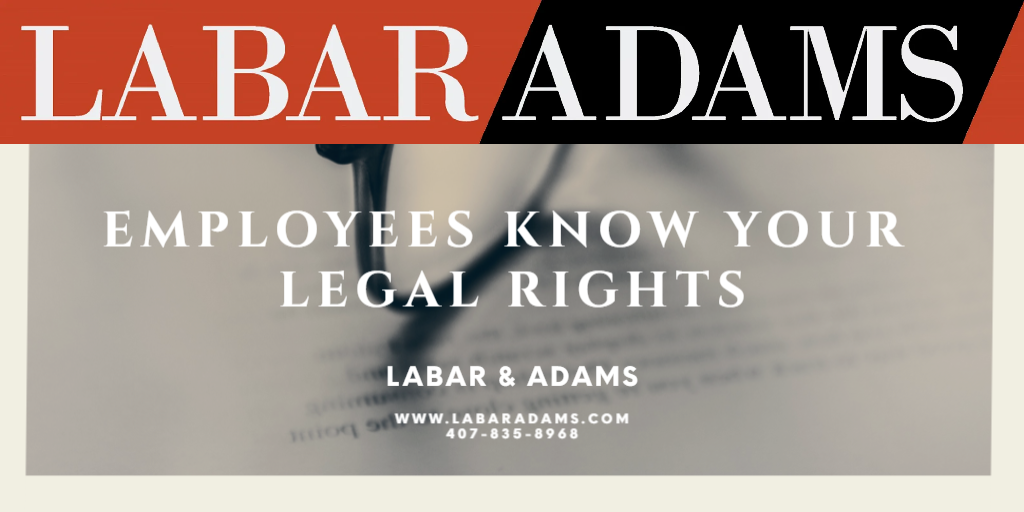Update 10/19/2022
An Exemption
Let’s first start with what is an “exemption.” An exemption means that even though you are entitled to overtime you maybe “exempt” from receiving it. Plainly stated, an exempt employee is not entitled to overtime pay or minimum wages.
Types of Exemptions
There are a myriad of exemptions. Some exemptions are industry specific. For example, there are the agricultural exemption and there is the so-called amusement or recreational establishment exemption. Other exemptions are based on an employee’s duties. There are also as the White Collar exemptions which include the executive exemption, the administrative exemption, or the professional exemption.
How Someone is Paid is Not An Exemption
The manner in which someone is paid, in and of itself, does not determine whether someone receives overtime pay. An employee being paid a salary alone does not exclude the employee from receiving overtime or minimum wage. Being paid a salary does affect the method of how the overtime pay may be calculated. A salaried employee is entitled to time-and-a-half of the regular rate of pay. A salaried employee’s regular rate of pay is calculated by dividing the salary by the amount of hours that salary was meant to cover.
Example Affect of Method of Payment on Overtime
Lets use an example. Lets say an employee receives $600.00 per week as a salary and the salary is meant to cover 40 hours. The employee’s regular rate of pay would be $15.00 ($600.00/40 hours). Thus, the employee is entitled to $22.50 per hour in overtime pay for each overtime hour worked over forty hours. Conversely, if someone receives $600.00 per week as a salary which is meant to cover all hours worked and the employee worked 50 hours in a workweek, then the employee’s regular rate of pay would be $12.00 ($600.00/50 hours). Thus, the employee is entitled to $6.00 per hour in overtime pay for each overtime hour worked over forty hours.
Furthermore, if after you divide the salary received by an employee by the amount of hours that salary was meant to cover and the employee’s hourly rate is below the mandated minimum wage, then the employer has violated minimum wage law.
Examples of Salaried Employees that Maybe Exempt
While the foregoing is true, some salaried employees may not be entitled to overtime because they are exempt from federal overtime laws. For example, there is the so-called “executive exemption.” Being paid a salary is one of the facts that must be established for an employer to establish the “executive exemption.” The facts that an employer must establish for the executive exemption are:
- the employee receives a salary not less than $455 per week;
- the employee’s primary duty is the management of the enterprise in which the employee is employed;
- the employee customarily and regularly directs the work of two or more other employees; and
- the employee has the authority to hire or fire other employees or whose suggestions and recommendations as to the hiring, firing, advancement, promotion, or any other change of status of other employees are given “particular weight.”
As the foregoing demonstrates, just because an employee is paid a salary does not mean the employee is not entitled to overtime pay. If you are a salaried employee and you have questions regarding your right to overtime pay, please contact the employment lawyers at LaBar & Adams, P.A. in Orlando at 407-835-8968 or fill out the online form located on our website.





